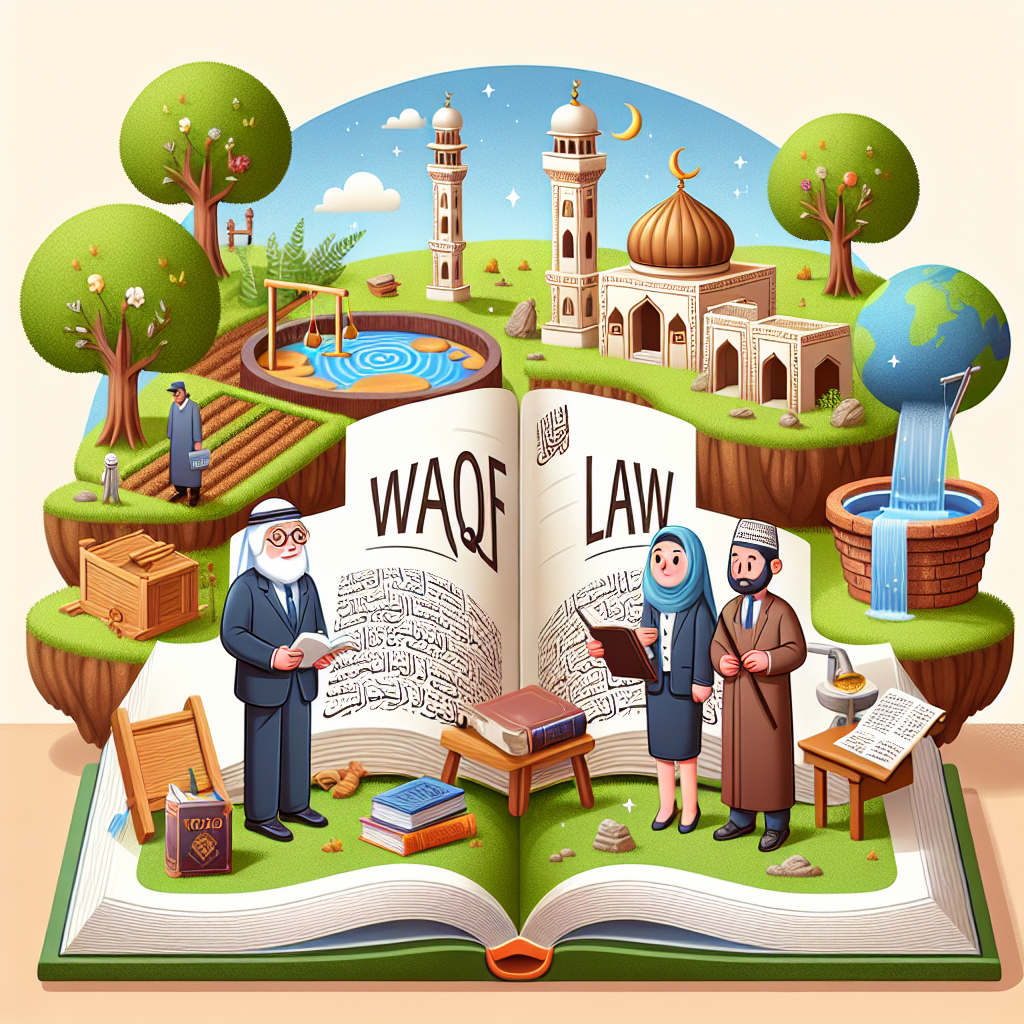Waqf Bill 2025: A Controversial Legislation Sparking Mixed Reactions
The Waqf (Amendment) Bill, 2025, has ignited varied responses from Muslim leaders and organizations in Uttar Pradesh after its passage in Parliament. Supporters claim it aids poor Muslims and curbs land misuse, while opponents argue it violates minority rights and threatens religious harmony.

- Country:
- India
The Waqf (Amendment) Bill, 2025, has stirred a wide range of responses from Muslim leaders and organizations across Uttar Pradesh following its passage in the Indian Parliament. The Bill was passed in the Rajya Sabha, with 128 members in favor and 95 opposed, after an intense 13-hour debate. The Lok Sabha had approved it earlier with 288 supporters and 232 opponents.
In Bareilly, Maulana Shahabuddin Razvi Barelvi, the national president of the All India Muslim Jamaat, expressed gratitude to the government for passing the Bill, stating that it would aid poor Muslims through the effective use of Waqf land income for their upliftment. He emphasized that while the Bill benefits common Muslims, it challenges those who exploit Waqf lands for personal gain.
However, dissenting voices, such as Mohammad Yasin from the Intezamia Masjid Committee, argue that the Bill infringes on minority rights and undermines the Places of Worship Act. Concerns about potential legal challenges and criticisms of government motives were echoed by Feroze Ahmad of the All India Majlis-e-Mushawarat. Amid contrasting opinions, the Bill remains a contentious issue within various communities.
(With inputs from agencies.)
ALSO READ
Yogi Adityanath Champions Transparency and Tradition in Uttar Pradesh
Revamping Uttar Pradesh: From 'Bimaru' to a Growth Engine
Faith Fuels Economy: CM Yogi Adityanath on Development in Uttar Pradesh
Safety Over Love: The Unusual Marriage Arrangement in Uttar Pradesh
Peaceful Friday Prayers Amid Security Heightened in Uttar Pradesh










